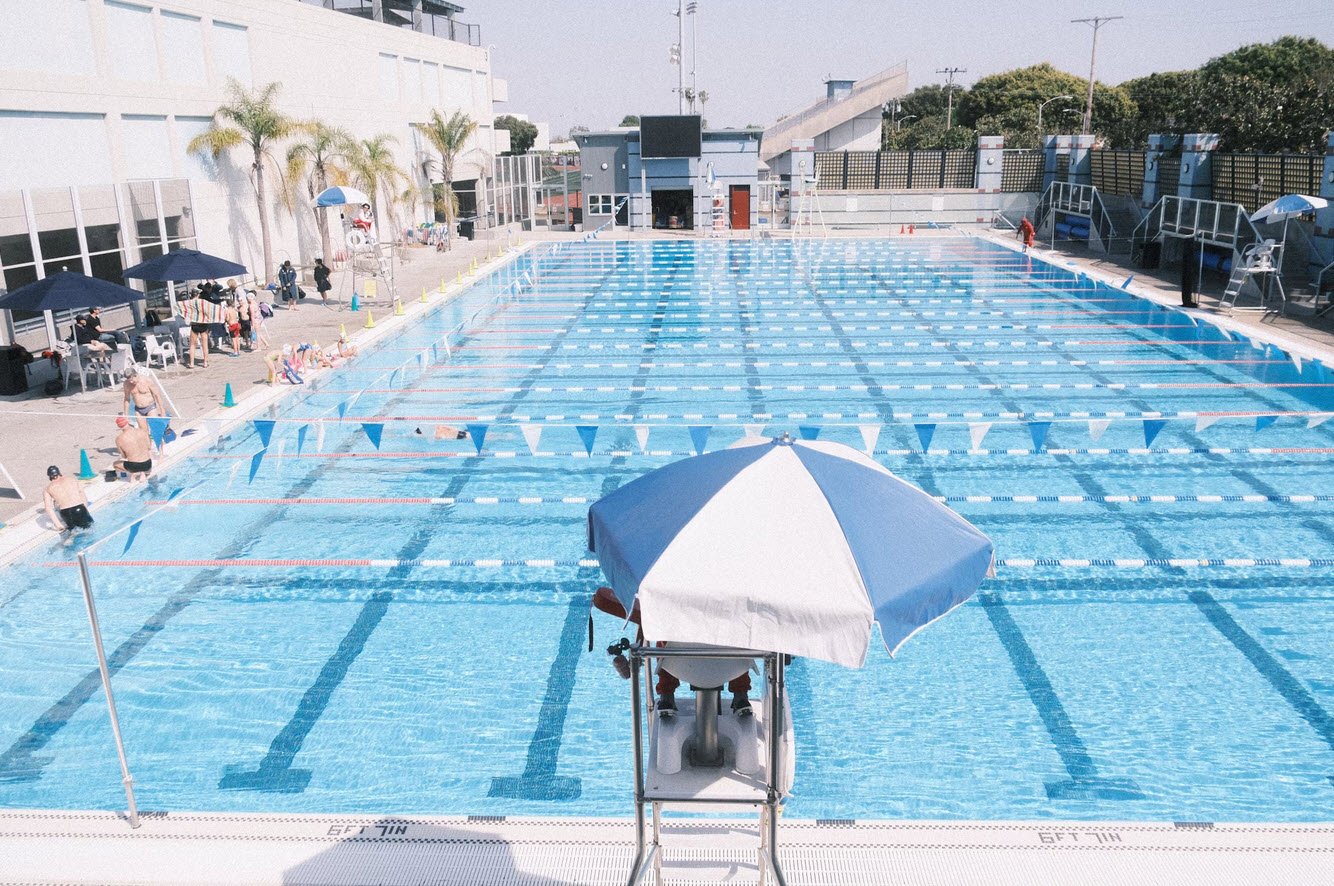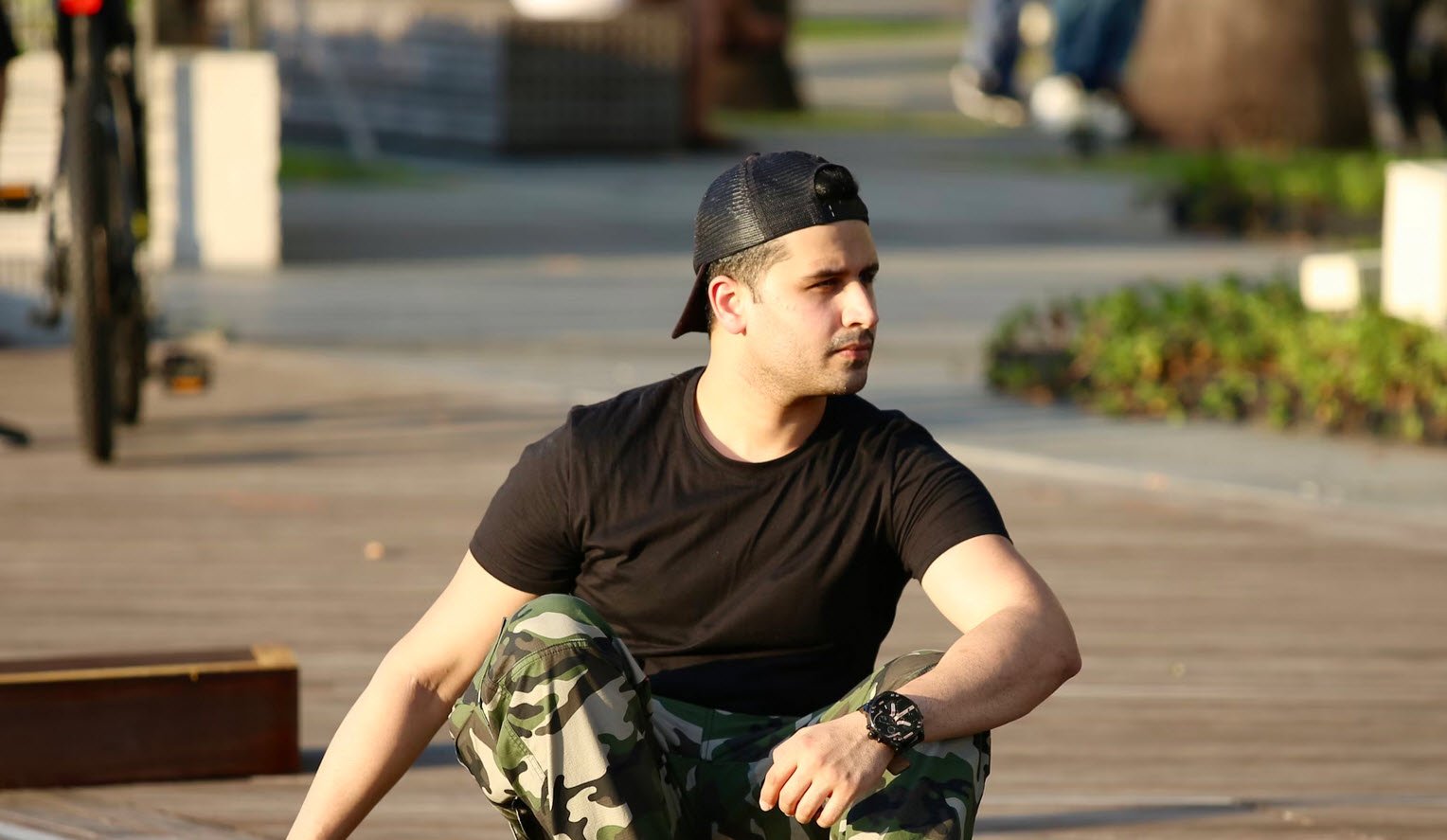
Creativity is the ability to come up with new and original ideas or solutions to problems. It involves using one’s imagination to think outside the box and generate innovative concepts or products. Creativity can be expressed through various mediums such as art, music, writing, design, and technology, and it plays an important role in personal and professional development.
Here are 37 ways to stay creative:
- Create An Inspiration Board
- Get Out More
- Sketch More
- Experiment
- Socialize
- Keep Up With Trends
- Learn A New Skill
- Read Books
- Use Sticky Notes
- Break Your Routine
- Be Around Creative People
- Spy On The Competition
- Visit Exhibitions
- Collaborate With Others
- Travel
- Get A New Hobby
- Challenge Yourself
- Make Lists
- Meditate
- Get Feedback From Peers
- Listen To Music Watch Films
- Take Risks
- Write Stuff Down
- Visit Museums & Galleries
- Keep A Dream Diary
- Finish Projects
- Love What To Do
- Take Naps
- Watch Motivational Speeches
- Eat Different Cuisine
- Practice
- Go To The Theatre
- Stop Comparing Yourself To Others
- Question Things
- Turn Off Distractions
- Let Go Of Fear
- Be Curious
1) Create An Inspiration Board
Creating an inspiration board is a great way to visualize and manifest your goals and dreams. Collect pictures, quotes, and items that represent what you want to achieve, and arrange them on a bulletin board or canvas. Look at it regularly to stay motivated and focused on your aspirations.
2) Get Out More
Getting out more is an excellent way to stimulate creativity. Exploring new places and trying new things can inspire fresh ideas. Attend events, take walks in nature, or visit museums to expose yourself to different perspectives. Break free from routine and challenge yourself to step outside your comfort zone.
3) Sketch More
Sketching is a great way to improve creativity and observational skills. You don’t need to be a great artist to sketch. Just grab a pencil and paper and start drawing whatever you see around you. Sketching can also be a fun way to document your travels and daily life experiences.
4) Experiment
Experimenting is a great way to tap into your creative side. Try new things, explore different mediums, and be open to making mistakes. Don’t be afraid to take risks and step outside of your comfort zone. Embrace the unknown and see where your creativity takes you.
5) Socialize
Socializing can be a great way to tap into creativity. Meeting new people, discussing ideas, and learning from others can inspire new perspectives and creative approaches. Joining a creative community or attending events can provide opportunities to socialize with like-minded individuals and stimulate creative thinking.
6) Keep Up With Trends
To keep up with trends, consider following social media influencers, fashion bloggers, and news outlets related to your interests. Attend industry events and conferences, read books and magazines, and network with peers. Remember to stay true to your personal style and interests, and don’t be afraid to try new things.
7) Learn A New Skill
Learning a new skill can be a great way to boost creativity and stay motivated. Whether it’s taking a language course, learning to play an instrument, or mastering a new craft, the process of learning something new can open up new avenues of thinking and problem-solving, leading to fresh and innovative ideas.
8) Read Books
Reading books can expand your knowledge and creativity, and help you develop new perspectives. Make it a habit to read regularly, even if it’s just a few pages a day. Try different genres to broaden your horizons and challenge your thinking. It’s a great way to unwind and escape into a different world.
9) Use Sticky Notes
Using sticky notes can help you stay organized, remember important tasks, and keep track of ideas. Write down important information, deadlines, or reminders on a sticky note and place it somewhere visible. You can also use different colours to categorize your notes or prioritize tasks. Sticky notes are a simple yet effective tool for improving productivity.
10) Break Your Routine
Breaking your routine can help you get out of a creative rut and inspire new ideas. Try doing something you normally wouldn’t do, such as taking a different route to work or trying a new hobby. Getting out of your comfort zone can lead to unexpected and exciting experiences.
11) Be Around Creative People
Surrounding yourself with creative people can help inspire new ideas and ways of thinking. Attend events, workshops, or join groups that are focused on creativity. Collaborate with other creatives on projects and share ideas. You may find that the creative energy and support from others can be beneficial for your own creativity.
12) Spy On The Competition
Spying on the competition involves gathering information about competitors’ products, pricing, marketing strategies, and customer behaviour to gain a competitive advantage. It can be done through various means, including monitoring social media, attending industry events, and analyzing public records. However, ethical considerations must be taken into account.
13) Visit Exhibitions
Visiting exhibitions can provide valuable insights into new products, technologies, and trends in a particular industry. Exhibitions provide opportunities to network, learn from experts, and gain inspiration for new ideas. Attending exhibitions can help businesses stay up-to-date and competitive in their respective fields.

14) Collaborate With Others
Collaborating with others can provide access to new ideas, expertise, and resources. Collaboration can lead to the development of innovative products or services, increased efficiency, and a broader customer base. It also fosters teamwork and builds strong relationships within and across organizations.
15) Travel
Traveling can broaden one’s horizons, expose them to new cultures, and provide opportunities to explore different ways of thinking. Traveling for business can help establish new partnerships, explore new markets, and gain insights into international business practices. However, it can also be costly and time-consuming.
16) Get A New Hobby
Getting a new hobby can provide a fun and engaging way to learn new skills and explore new interests. Hobbies can promote creativity, reduce stress, and improve mental health. Engaging in a hobby can also provide opportunities to connect with like-minded individuals and build a sense of community.
17) Challenge Yourself
Challenging oneself can lead to personal growth, increased confidence, and new experiences. Pushing beyond one’s comfort zone can lead to new skills, perspectives, and accomplishments. It can also build resilience and help individuals navigate unexpected challenges. However, taking on too much can lead to burnout and stress.
18) Make Lists
Making lists can be a helpful way to organize tasks, prioritize goals, and track progress. Lists can also help reduce stress and anxiety by providing a sense of control and structure. However, it’s important to balance the benefits of list-making with flexibility and adaptability to accommodate unexpected changes and challenges.
19) Meditate
Meditation involves focusing one’s attention and calming the mind to achieve a state of relaxation and inner peace. Practicing meditation can reduce stress, improve focus and concentration, and promote emotional well-being. It can be done through various techniques, including mindfulness, visualization, and breathing exercises.

20) Get Feedback From Peers
Getting feedback from peers can provide valuable insights into one’s performance, skills, and abilities. Constructive feedback can help identify areas for improvement, increase self-awareness, and promote personal growth. It can also build stronger relationships and trust within a team or organization.
21) Listen To Music Watch Films
Listening to music and watching films can provide a form of entertainment and relaxation, reducing stress and promoting emotional well-being. They can also promote creativity, inspire new ideas, and provide insights into different cultures and perspectives. However, it’s important to balance screen time with other activities and social interactions.
22) Take Risks
Taking risks can lead to new opportunities, personal growth, and increased confidence. It can also foster innovation and creativity. However, it’s important to weigh the potential benefits against the potential consequences and to take calculated risks rather than acting impulsively or recklessly.
23) Write Stuff Down
Writing things down can be a helpful way to organize thoughts, ideas, and tasks. It can also serve as a record of important information and help reduce stress and anxiety by providing a sense of control and structure. However, it’s important to balance writing with other activities and social interactions.
24) Visit Museums & Galleries
Visiting museums and galleries can provide opportunities to explore art, history, and culture, promoting creativity and critical thinking. It can also provide insights into different perspectives and worldviews. However, it’s important to balance screen time with other activities and social interactions.
25) Keep A Dream Diary
Keeping a dream diary involves recording dreams upon waking to promote self-reflection and better understand the unconscious mind. It can also help identify patterns and themes in dreams and promote creativity. However, it’s important to balance dream work with other activities and social interactions.
26) Finish Projects
Finishing projects can provide a sense of accomplishment and promote personal growth. It can also help build confidence, increase motivation, and improve time management skills. However, it’s important to balance completing projects with self-care and relaxation to avoid burnout and stress.
27) Love What To Do
Loving what you do can promote a sense of fulfilment and purpose in life. It can also increase motivation, creativity, and productivity. However, it’s important to balance passion with self-care and relaxation to avoid burnout and stress. Finding a healthy work-life balance is crucial for long-term success and well-being.
28) Take Naps
Taking naps can provide a quick and effective way to reduce fatigue, increase alertness, and improve cognitive performance. Naps can also reduce stress and improve mood. However, it’s important to balance napping with other activities and to avoid napping too close to bedtime to maintain healthy sleep habits.
29) Watch Motivational Speeches
Watching motivational speeches can provide inspiration, promote self-reflection, and increase motivation to achieve personal and professional goals. It can also promote positive thinking and reduce stress. However, it’s important to balance screen time with other activities and to maintain a healthy level of skepticism towards unrealistic promises.

30) Eat Different Cuisine
Eating different cuisine can provide opportunities to explore new flavors and cooking styles, promoting creativity and expanding cultural knowledge. It can also provide health benefits, as different cuisines may emphasize different ingredients and cooking methods. However, it’s important to balance indulgence with moderation and to consider personal dietary needs.
31) Practice
Practice involves consistent and intentional effort to improve skills and abilities. Practicing can promote mastery, build confidence, and increase performance. It can also promote self-discipline and improve time management skills. However, it’s important to balance practice with self-care and relaxation to avoid burnout and stress.
32) Go To The Theatre
Going to the theatre can provide opportunities to experience live performances, promoting cultural awareness and appreciation. It can also promote creativity and emotional intelligence by engaging with different perspectives and experiences. However, it’s important to balance entertainment with other activities and to consider personal preferences and accessibility.
33) Stop Comparing Yourself To Others
Stopping the habit of comparing oneself to others can promote self-acceptance, improve self-esteem, and reduce stress and anxiety. It can also promote personal growth and encourage focus on individual goals and strengths. However, it can be challenging and require intentional effort and self-reflection.
34) Question Things
Questioning things involves critical thinking and curiosity, promoting intellectual growth and creativity. It can also promote problem-solving skills and encourage innovative solutions. However, it’s important to balance questioning with open-mindedness and respect for differing perspectives and opinions. Asking questions can be a powerful tool for learning and understanding.
35) Turn Off Distractions
Turning off distractions can increase productivity and reduce stress by promoting focus and concentration. It can also provide opportunities for mindfulness and reflection. However, it can be challenging to resist the allure of constant stimulation and require intentional effort and discipline. Balancing work and relaxation is crucial for well-being.

36) Let Go Of Fear
Letting go of fear can promote personal growth, increase resilience, and improve mental health. It can also increase confidence and promote risk-taking. However, it can be challenging and require self-reflection and intentional effort. Balancing caution and confidence is important for achieving goals and maintaining well-being.
37) Be Curious
Being curious involves a natural desire to learn and explore, promoting intellectual growth, creativity, and problem-solving skills. It can also promote open-mindedness and empathy by engaging with different perspectives and experiences. However, it’s important to balance curiosity with critical thinking and respect for boundaries and privacy.
You may also read:
- 25 Essential Beauty Tips You Need To Know
- The 7 Best TED Talks You Need To Know
- 10 Powerful Tips to Stop Smoking
- 20 Tips to Get Cheaper Car Insurance
- How to Pick the Perfect Gift for a Newborn Baby
- Tips for Taking Care of Your Swimming Pool
- Top 10 Tips for Planning Your Perfect Party Like a Pro
- 10 Essential Steps for Developing a Better Personality
- The Newbie Guide to Bikini Hair Removal
- 17 Reasons Why You Should Think Twice Before Dating a Single Mother
- 10 Memorization Techniques to Boost Your Memory
- Explore The 30 Rules To Simplify Your Life
- The Fundamental Principles of the Six Ethics of Life
- True Words – How To Succeed In Life?
- Think and Grow Rich in 13 Steps
- An A-Z Guide to the 40 Gym Rules
- The Life Hacks That Make You Happy
- 10 Easy Steps For Flawless Foundation Makeup









This Post Has One Comment